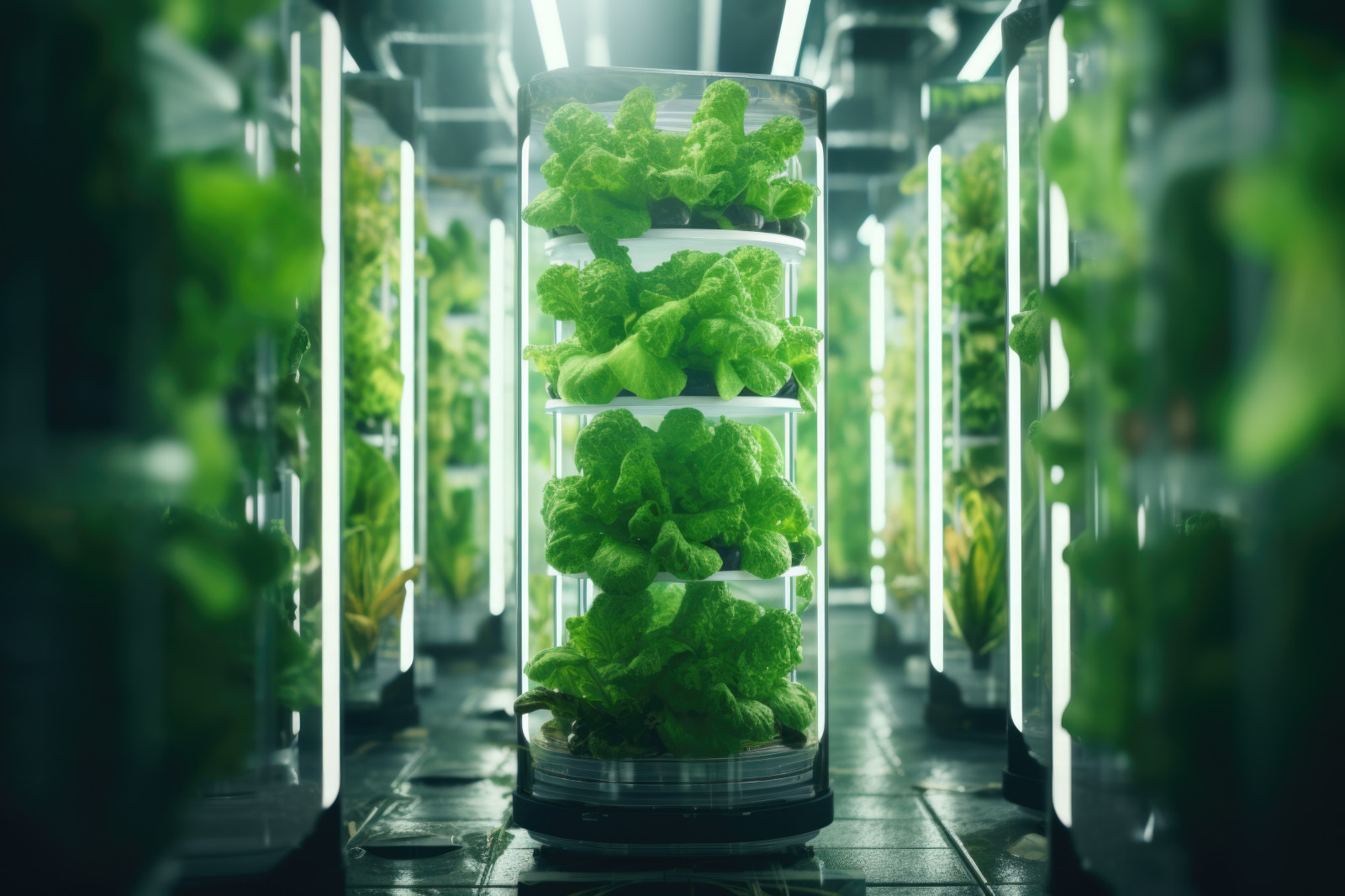Vertical Farming in the Middle East: A Growing Solution for a Challenging Climate
06/06/2024
The Middle East is known for its arid climate, where agriculture often faces the harsh realities of limited water resources and extreme temperatures. However, amidst these challenges, a prominent agricultural technology is taking root: vertical farming. So now, the questions is: could this innovative approach defy the desert's limitations?
Why Vertical Farming Suits the Middle East
The Middle East's climate poses significant obstacles for conventional agriculture. Water scarcity is a critical issue, with many countries in the region relying heavily on desalination and limited groundwater resources. Vertical farming addresses this challenge by using up to 90% less water than traditional farming methods.
Urbanization in the Middle East is also rapidly increasing, with cities expanding and populations growing. Vertical farming's ability to integrate into urban settings makes it an ideal solution. By situating farms within or near cities, the supply chain is shortened, reducing transportation costs and carbon emissions. This urban integration also means fresher produce for city dwellers, as the time from farm to table is minimized.Pioneering Projects and Success Stories
Several pioneering vertical farming projects are already producing vegetables and leafy greens in the Middle East. In the United Arab Emirates, for instance, Emirates Flight Catering has partnered with Crop One Holdings to build the world’s largest vertical farm near Al Maktoum International Airport in Dubai. This facility, spanning 27,000 sqm, aims to produce over 2,700 tons of leafy greens daily, supplying fresh produce to Emirates Airlines and local markets.Similarly, Saudi Arabia's NEOM project, a futuristic city designed to showcase sustainable living, incorporates vertical farming as a key component of its agricultural strategy. By integrating advanced farming techniques, NEOM aims to produce sufficient food locally, reducing reliance on imports and enhancing food security.The Road Ahead
Vertical farming will surely play a crucial role in the Middle East's agricultural future. By addressing the region's unique environmental challenges, it offers a sustainable solution to enhance food security and reduce dependence on imports. As technology continues to evolve and more projects come to fruition, vertical farming could become a cornerstone of the Middle East's strategy to achieve a more resilient and self-sufficient food system.Are you interested in further information?
Please do not hesitate to contact us: Dr. Isabelle Symonds
Phone number +49 6201 9915 10,
Isabelle.Symonds@schlegelundpartner.de© Schlegel und Partner 2024